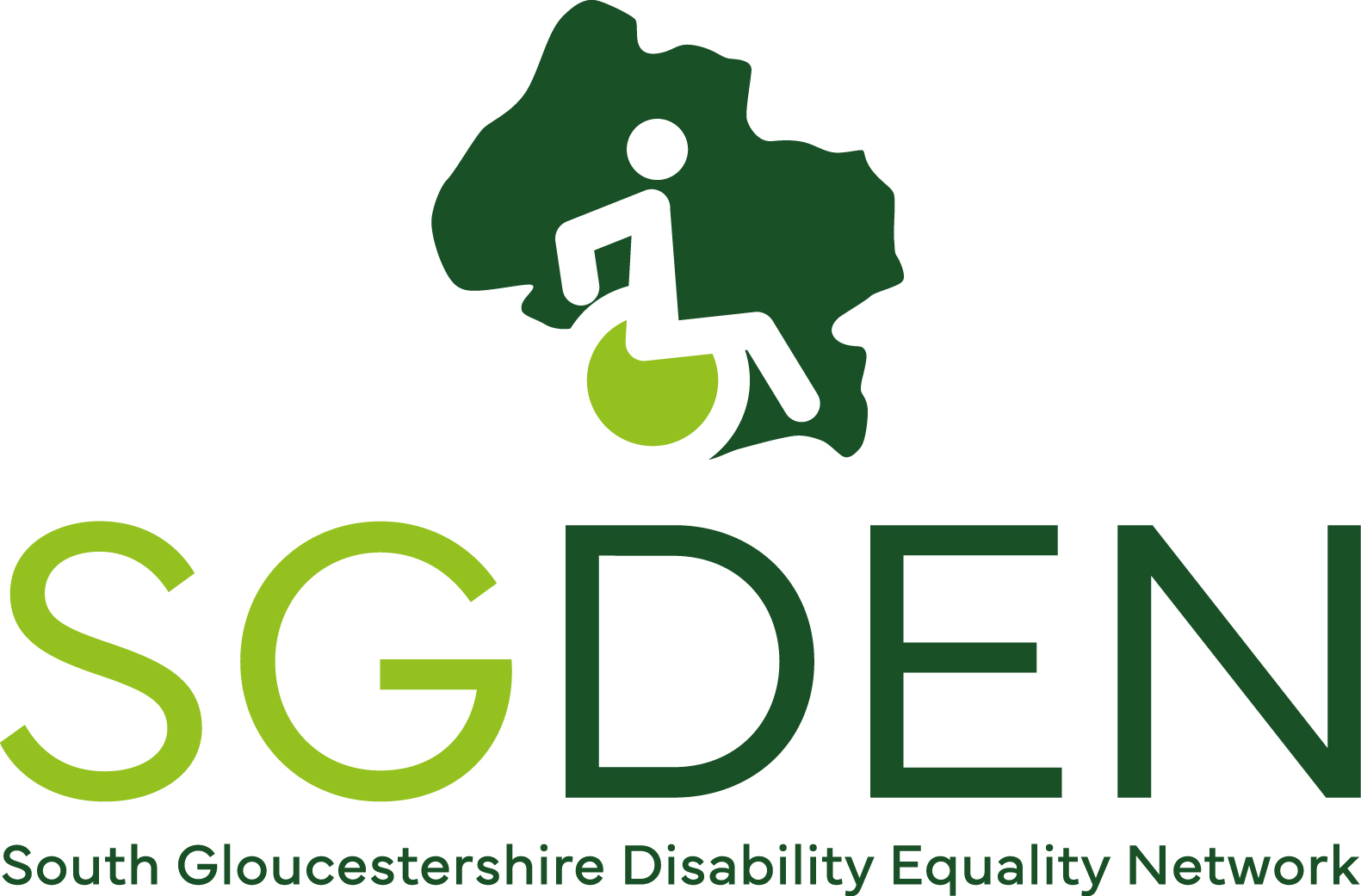If you read the popular press you might believe that disabled people receive generous benefits enabling them to live a life of idleness and luxury.
The truth, of course, is very different. Statistics from the Government’s Office for Disability Issues demonstrates the clear link between disability and poverty. They say that:
A substantially higher proportion of individuals who live in families with disabled members live in poverty, compared to individuals who live in families where no one is disabled.
19% of individuals in families with at least one disabled member live in relative income poverty, on a before housing costs basis, compared to 15% of individuals in families with no disabled member.
21% of children in families with at least one disabled member are in poverty, a significantly higher proportion than the 16% of children in families with no disabled member.”
There is financial help for disabled people who cannot work, but the assessment of those deemed unable to work is becoming much tighter. There is also help with some of the extra living costs resulting from a disability, but only in some areas (for example disabled people under pension age are not eligible for winter fuel allowance). In addition disabled people can apply for benefits open to anyone on a low income.
Out of Work Benefits
Anyone out of work whose doctor says that they are unfit for work can apply for Employment Support Allowance (ESA). If you have been signed off work sick for 6 months you are likely to be invited to apply for ESA.
The application features a Work Capacity Assessment to decide if the applicant is fit for work. If they assessed as being unfit for work with no realistic prospect of regaining fitness in the immediate future they will be placed in the Support Group which means that they do not have to look for work, and receive a higher rate of benefit.
Alternatively they may be assessed as able to work, but in need of extra help to prepare for and find work. In this case they will be placed in the Work Related Activity Group where they will be required to meet regularly with a personal advisor. With their personal adviser they will agree a plan of activities designed to help make them more employable (this may involve training, help managing a medical condition, confidence building, and guidance on how to apply for jobs). Failure to follow this plan can lead to benefit being withdrawn. A disabled person in the Work Related Activity Group receives a lower rate of ESA (but still more than they would get on Job Seekers Allowance). This continues for a year when, if they haven’t found a job, they will be automatically transferred to Job Seekers Allowance.
Some disabled people are assessed under the Work Capacity Assessment as not needing significant additional help because of their disability and are put straight onto Job Seekers Allowance (JSA).
JSA is available to anyone who is out of work. But it is subject to strict conditions that require the claimant to prove that they are actively seeking work throughout the week. Failure to comply with these rules will result in the benefit being stopped.
Before ESA was introduced in 2008 disabled people who could not work were paid Incapacity Benefit (IB). This was felt to have a more lenient ‘fitness for work test’ and also had strict rules discouraging recipients from activities which showed that they were fit work. Since 2011 claimants of IB are being transferred to ESA and required to take the Work Capacity Test. Some disabled people who previously had been told that they are unfit for work and must not work are struggling to comply with ESA requirements which suddenly expect them to actively seek work.
If your application for ESA is rejected we strongly recommend you get advice and consider appealing. On average 40% of appeals succeed, including where people who are placed in the Work Related Activity Group are transferred to the Support Group. However to give you the best chance of success it is sensible to get advice.
Face to face advice in South Gloucestershire is provided by 5 organisations which make up the Welfare Advice Partnership. Contact details for all these organisations can be found here http://www.southglos.gov.uk/advice-and-benefits/welfare-rights-and-financial-advice/welfare-advice-partnership/
Basic advice about ESA is on the Gov.uk website https://www.gov.uk/employment-support-allowance/overview
Information from a disabled person’s point of view is available from Disability Rights UK http://www.disabilityrightsuk.org/how-we-can-help/benefits-information-disabled-people-and-advice-workers mainly in the form of factsheets.
Many organisations which focus on particular impairments provide benefits advice. A selection of such organisations is listed in the education section of this website (hyperlink).
People with fluctuating conditions and less visible disabilities can have particular difficulties with the Work Capacity Assessment. Conditions such as:
Multiple Sclerosis – the Multiple Sclerosis Society http://www.mssociety.org.uk/
Parkinson’s Disease – Parkinson’s UK http://www.parkinsons.org.uk/
Mental Health conditions – MIND http://www.mind.org.uk/


